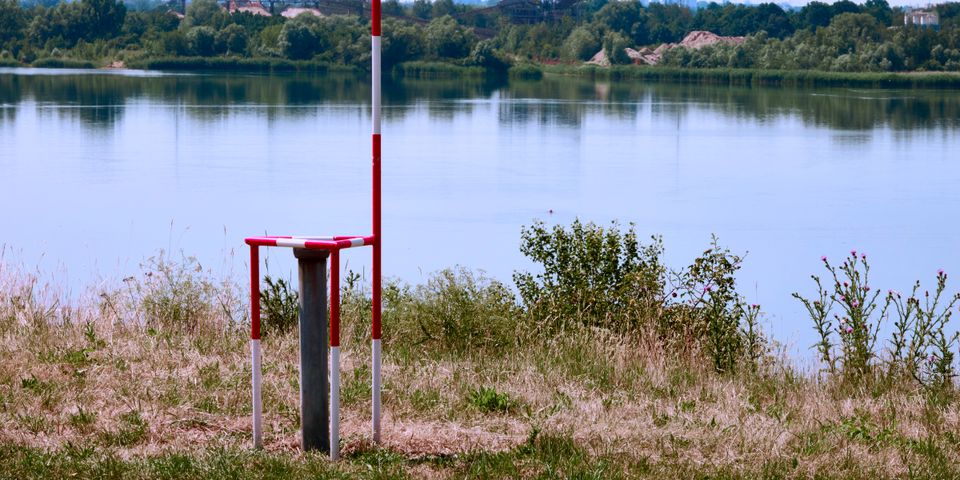Five Frequently Asked Questions About Well Monitoring

Are you curious about well monitoring and the use of monitoring wells? This essential environmental practice is important for tracking groundwater levels and quality. By regularly monitoring wells, changes in groundwater caused by human activity or natural occurrences are more easily detected. Here are answers to five frequently asked questions to help you better understand well monitoring.
Five Frequently Asked Questions About Well Monitoring
1. What is Well Monitoring?
Well monitoring is a vital process used to track groundwater quality and quantity over time. It involves regularly sampling water from monitoring wells to assess any changes in contamination levels or water levels.
2. Why is Well Monitoring Important?
Well monitoring plays a crucial role in protecting groundwater resources and public health. By continuously monitoring wells, environmental professionals can detect potential contaminants early, allowing for prompt remediation actions to safeguard water quality.
3. How Often Should Well Monitoring Be Conducted?
The frequency of well monitoring depends on various factors, including regulatory requirements, site conditions, and potential risks. Typically, monitoring occurs quarterly, semi-annually, or annually, but it can vary based on specific project needs.
4. Who Conducts Well Monitoring?
Well monitoring is typically conducted by environmental consultants or regulatory agencies trained in groundwater sampling techniques. These professionals follow strict protocols to ensure accurate data collection and analysis.
5. What Are the Benefits of Well Monitoring?
Regular well monitoring provides valuable data for assessing environmental impacts, tracking trends in groundwater quality, and guiding effective management decisions. It helps identify potential risks to groundwater resources and supports compliance with environmental regulations.
For comprehensive well monitoring services in the Anchorage area, contact GeoTek Alaska. They offer professional environmental services for their community, including soil sampling, groundwater sampling, gas chromatography, and more. With a commitment to quality and precision, they ensure accurate data collection and analysis for informed environmental management. Visit their website or call (907) 569-5900 to learn more about their services and schedule a consultation.
About the Business
(6 reviews)
Have a question? Ask the experts!
Send your question

